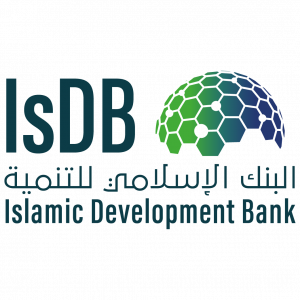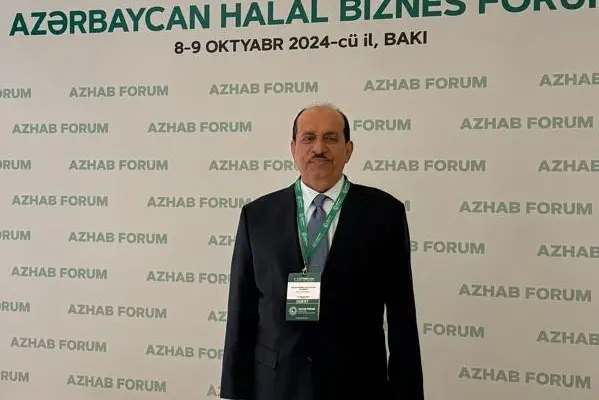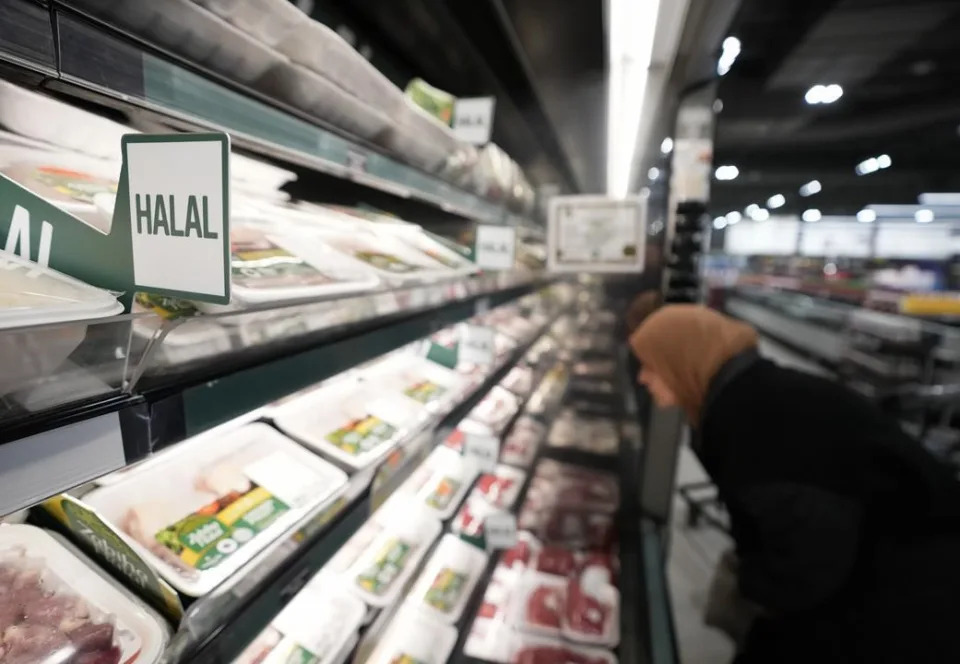
(MENAFN) The Islamic Development Bank (IsDB) has highlighted the increasing demand for halal products and services, stating that this trend will create investment opportunities and promote the export and intra-trade of halal goods among member countries and Muslim communities. Datuk Amer Bukvic, the Ag. Director General Global Practices and Partnerships at Islamic Development Bank (IsDB), emphasized the significance of the halal industry during the IsDB annual meetings in Jeddah.
Bukvic noted that the food sector, which represents the largest component of spending on halal food by Muslims, was valued at USD1.27 trillion in 2021 and is projected to reach USD1.67 trillion by 2025. To foster a sustainable halal industry in IsDB member countries, he stressed the importance of establishing enabling ecosystems at the national level. This includes implementing long-term strategies that support policies for qualified human capital, creating institutional frameworks for standardization, certification, accreditation, and raising awareness among stakeholders and consumers. Additionally, the utilization of new technologies can enhance efficiency in halal manufacturing and distribution processes, improve visibility, and build consumer trust.
Bukvic highlighted two key challenges that need to be addressed in the halal economy: financing the halal industry and effective management of the halal supply chain. Many IsDB member countries are actively working towards developing their halal economies and leveraging the potential of the market. Countries such as Malaysia, the UAE, Saudi Arabia, and Turkey have clear visions of becoming global hubs for the halal trade.



